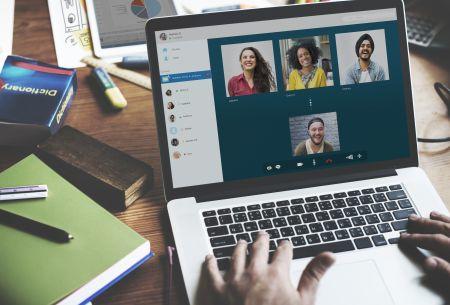
Amid the COVID-19 shutdown across much of the world, businesses are rapidly having to adjust to new ways of working. With remote working and social distancing likely to continue for the coming months, at B2B International we are also adapting with new methods of working with our clients.
Workshops are something that we are having to find new ways of managing in a virtual, rather than a face-to-face way. It is easy to think that workshops cannot be done without bringing people together, but this is not necessarily the case.
Why conduct workshops?
We conduct workshops with clients for several purposes, both before and after research is conducted. These can include value proposition development, product ideation, customer journey mapping and strategic planning. They are highly effective in consolidating internal knowledge, bringing diverse teams together, prioritizing next steps and driving action.
How can we conduct a remote workshop?
-
Keep it short – Workshops typically last an entire day, which is undoubtedly not practical when participants are on a video conference call. We need to break up the agenda in to 1.5-2-hour sessions and spread them across multiple days.
-
Breakout spaces – Workshop exercises typically involve breaking out into sub-groups. In the virtual world, some video conferencing services have this feature built in. If not, we can assign a group leader to set up a new conference call with their team, and then re-join the main group at an agreed time.
-
Document collaboration technologies – Whiteboard and post-it note exercises are the hallmark of a typical in-person workshop, where participants can add their thoughts alongside those of others. In the virtual space, there are certain online solutions available to manage this, although standard MS Office or Google shared documents can fulfill the purpose too.
-
Set homework – Specific tasks can be given to participants prior to the workshop or between sessions, which can then be fed back to the group one by one. This is in place of the instances during a workshop where participants are asked to do an individual task.
Key takeaway
Despite us all working remotely, making the most of technology and adjusting the agenda format means that we are still able to conduct workshops. They might not quite be the same as face-to-face, but they can help bring your teams together while enabling you to accrue value from the insights that workshops can generate.



